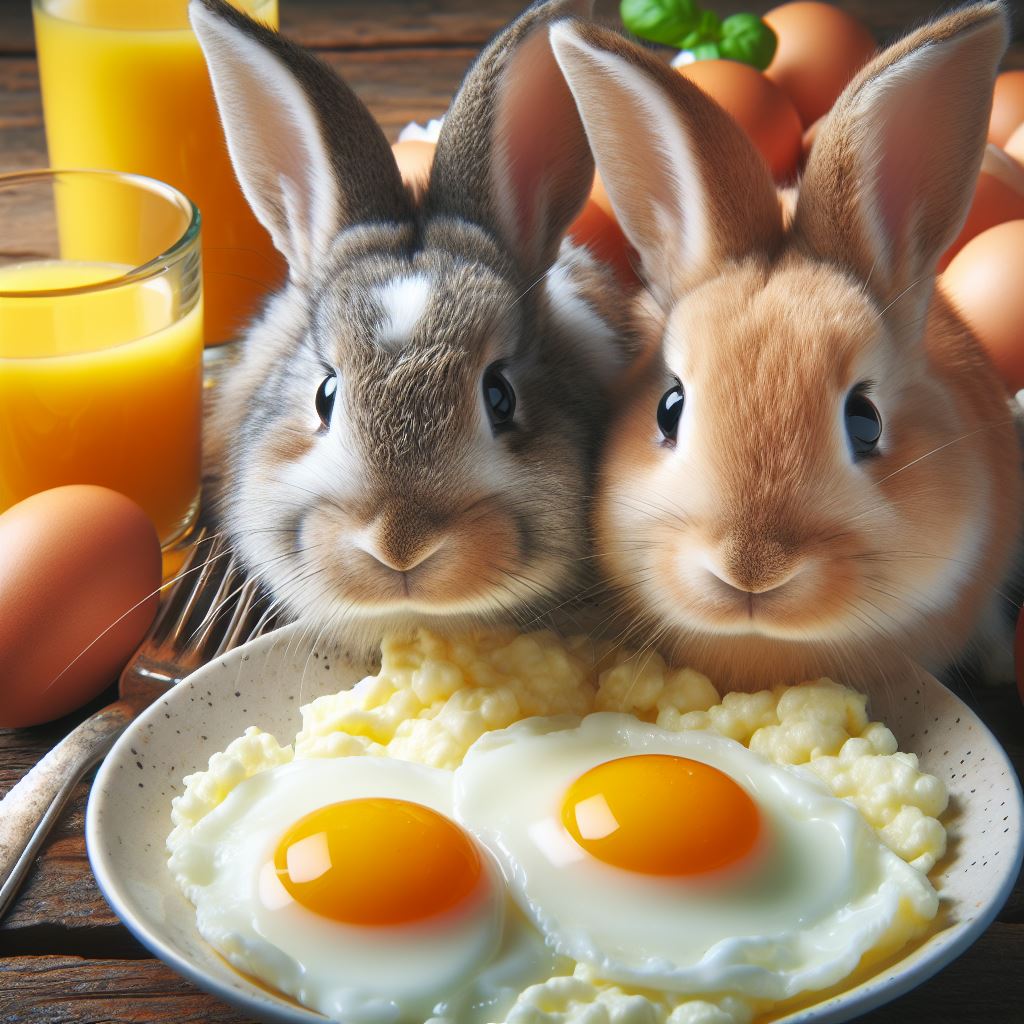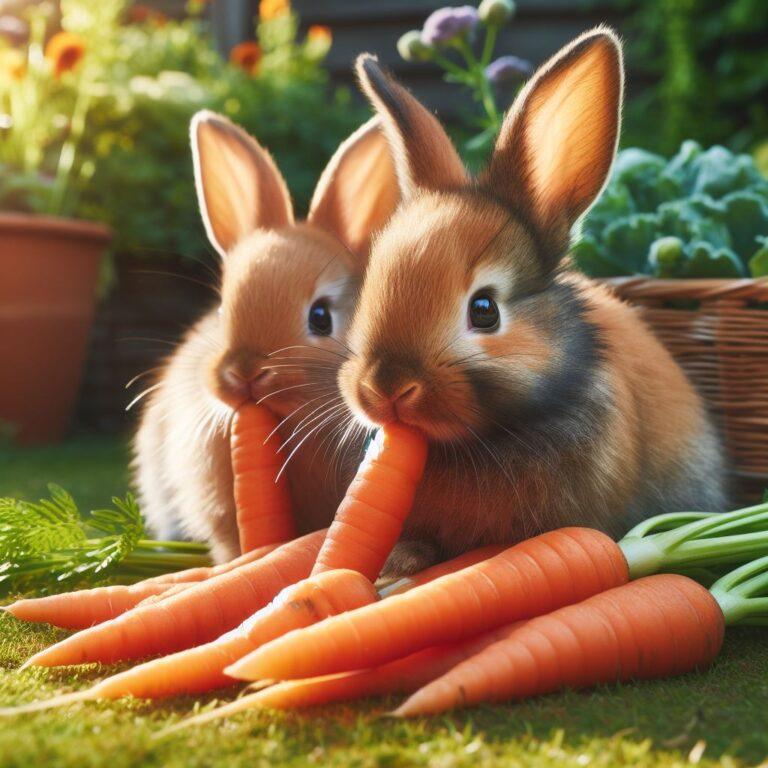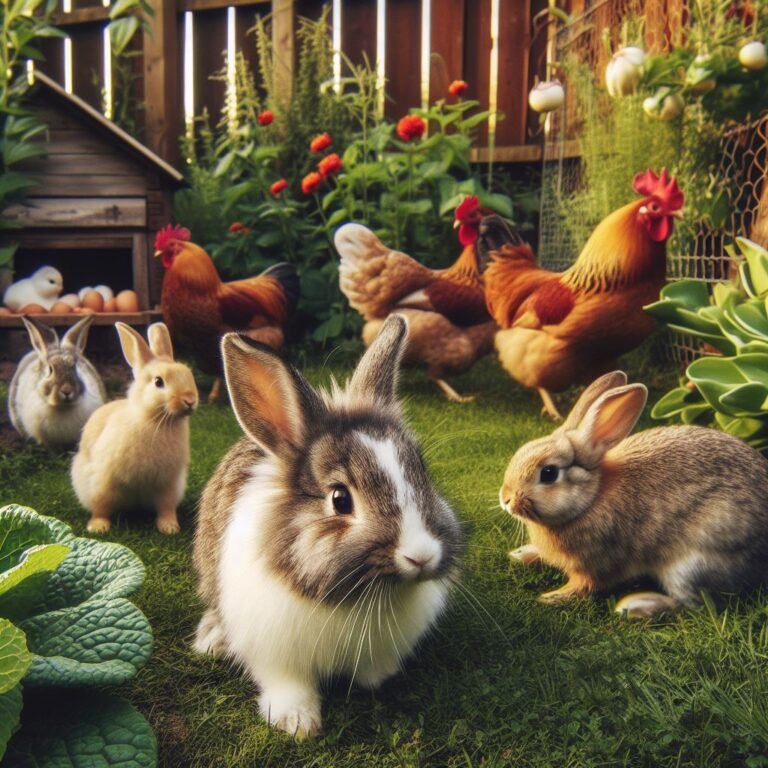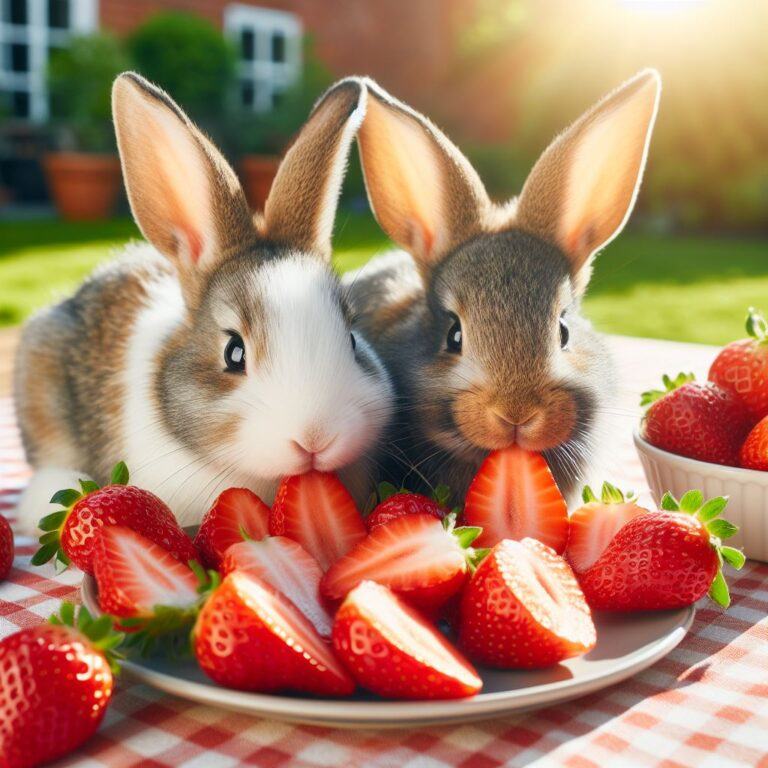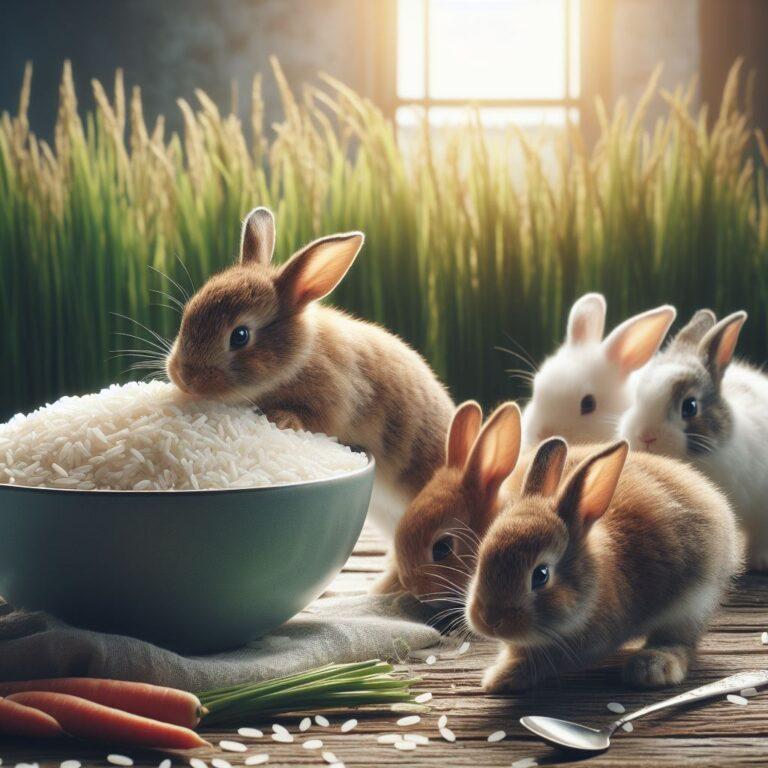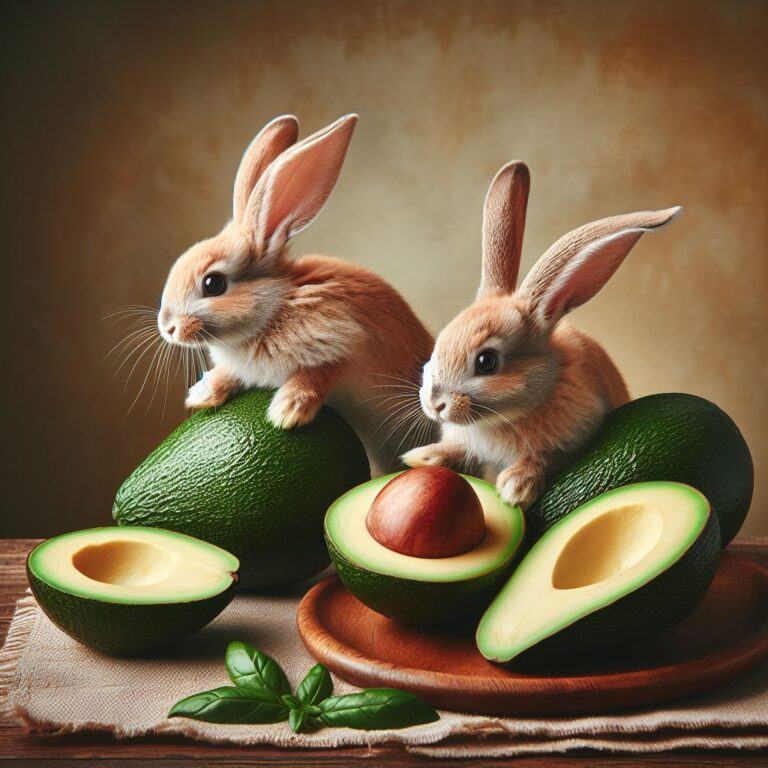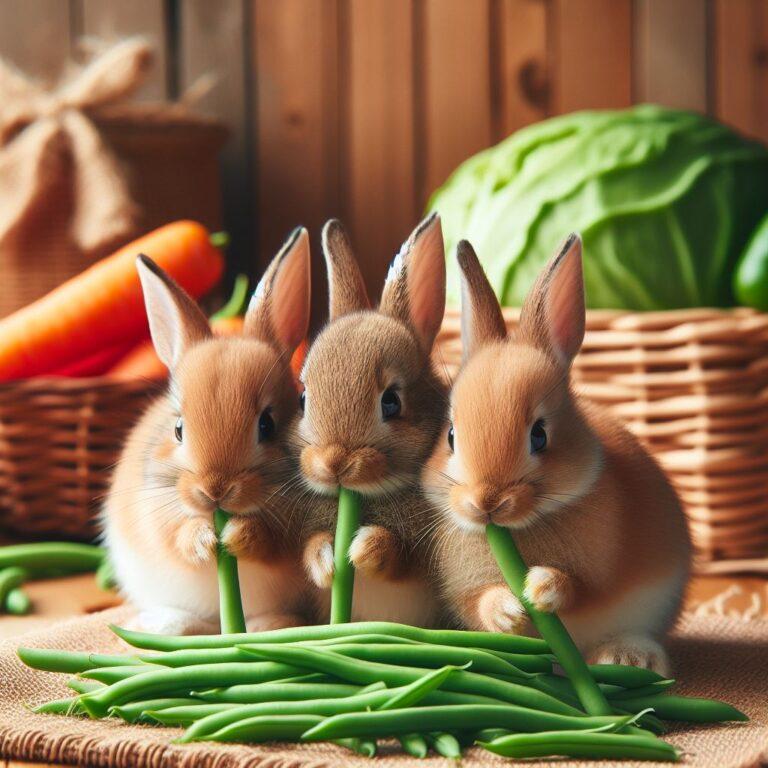Can Rabbits Safely Eat Eggs
NO. Rabbits are strict herbivores, and their digestive systems are not designed to handle animal products, including eggs. It’s important to stick to a rabbit’s natural diet which consists mainly of grass, hay, leafy weeds, and the occasional fruit or vegetable.
Veterinarians and rabbit nutritionists emphasize the importance of a diet high in fiber and low in protein and fat, which is the opposite of what eggs offer. Focusing on a plant-based diet is fundamental to keeping your bunny healthy.
The high protein and fat content in eggs can lead to serious digestive issues, obesity, and even greater health concerns like heart and liver disease in rabbits.
Understanding what may be a harmless treat for a human or a carnivorous pet could cause trouble for your furry companion.
By recognizing the incompatible nature of eggs within a rabbit diet, we not only respect their natural diet but also protect them from potential health risks.
Understanding Why Rabbits Need Plants, Not Protein
Rabbits require a specific diet that caters to their complex digestive systems. While I understand the impulse to share human foods with our pets, rabbits thrive on a diet that is significantly different from our own.
They need a high-fiber diet that enables proper digestion and maintains gut health.
Their gastrointestinal tract is not designed to handle high levels of protein or fat, which are found in eggs. Instead, their diet should be mainly hay, as it provides the necessary fiber to prevent issues such as GI stasis, a common and serious condition in rabbits.
Unlike predators that require a protein-rich diet for strength and agility, rabbits are herbivores whose strength lies in their ability to digest a large amount of roughage.
The safe bet is always to stick to veterinarian-recommended rabbit foods. Fresh vegetables such as broccoli or green beans and limited fruit servings like a slice of banana or strawberry here or there complement their main hay diet and provide necessary nutrients.
This approach aligns with their natural eating habits and promotes longevity and well-being.
The rising trend of humanizing pet diets can do more harm than good. While it may feel like including our pets in our eating habits brings us closer, it is our responsibility to prioritize their health and dietary needs over this bonding impulse.
Safe and Healthy Alternatives to Eggs for Rabbits
Rabbits thrive on a diet that they would eat in the wild. When you’re looking for treat options, skip the eggs and reach for items that offer not only nutrition but safety and a slice of their natural habitat.
Crucial to their health are fresh leafy greens, like spinach or romaine lettuce, hay, the occasional fruit, and high-quality pellets.
Just as humans need a well-rounded diet, so do our furry companions. A varied and balanced diet is central to preventing obesity and gastrointestinal issues in rabbits.
When you introduce a new food to your rabbit, always do so gradually. A sudden change can upset their sensitive digestive system.
Start with a small quantity, and if there are no adverse reactions over 24 hours, you can slowly increase the amount.
Remember, treats should only make up a SMALL PORTION of their diet. Be vigilant about portion sizes, and offer treats sparingly – think of them as the cherry on top, not the main dish.
If in doubt about what’s best for your rabbit’s diet, or if your rabbit is showing signs of digestive distress, I always recommend you consult with your vet.
They can provide guidance tailored to your rabbit’s needs and help you create a feeding plan that keeps your pet happy and healthy.

